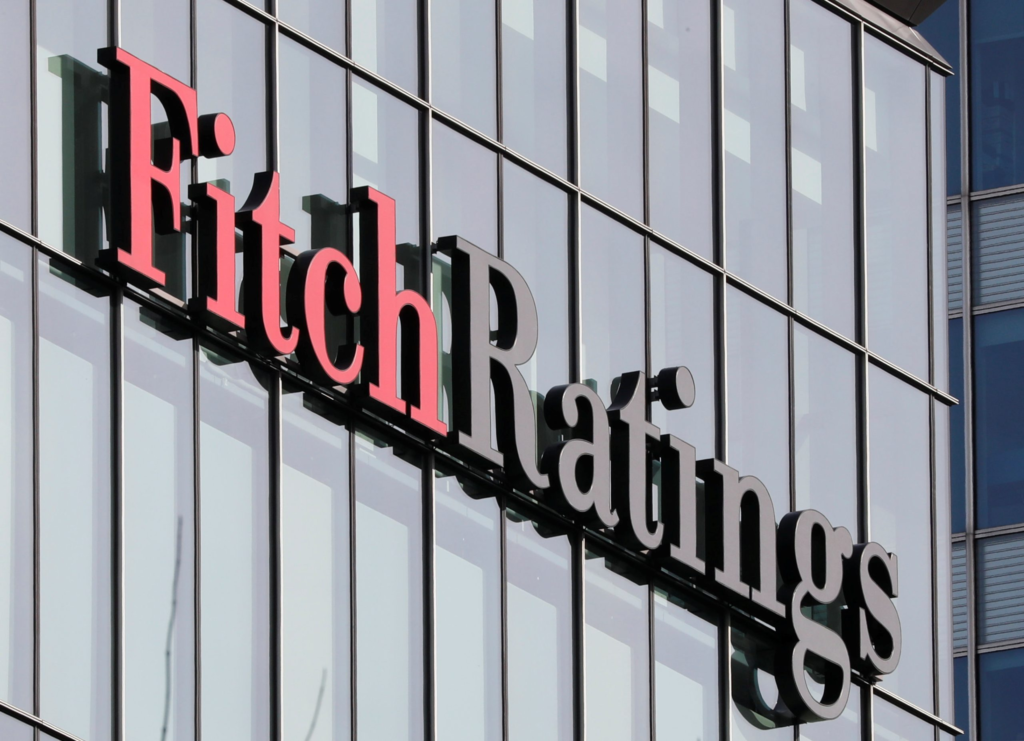Fitch Ratings’ decision to downgrade the U.S. sovereign debt rating from AAA to AA+ has garnered significant attention and raised concerns in financial circles. However, experts believe that the lasting impact on U.S. markets may not be as dire as some fear.

One of the primary reasons for this tempered outlook is that the downgrade didn’t come as a surprise. Over the past few years, the U.S. government’s debt has been steadily increasing, and credit rating agencies like Fitch had been warning that a downgrade was a distinct possibility. As a result, investors had already factored in some of the negative implications, which helped cushion the immediate blow to the markets.
Moreover, despite the downgrade, the U.S. economy continues to show resilience. The unemployment rate remains relatively low, and economic growth is projected to continue at a steady pace. This underlying strength in the economy means that the U.S. government should still be able to borrow money at reasonably low interest rates, even with the slightly lower credit rating.
Additionally, the status of the U.S. dollar as the world’s reserve currency acts as a safeguard for the country’s financial system. Even with a credit rating cut, the U.S. government can still rely on the privilege of printing money to meet its obligations.
Of course, it’s essential to acknowledge the potential risks associated with the downgrade. For instance, the cost of borrowing may increase, leading to higher interest rates for consumers and businesses. This could potentially dampen economic growth and lead to some challenges for borrowers in the future.
